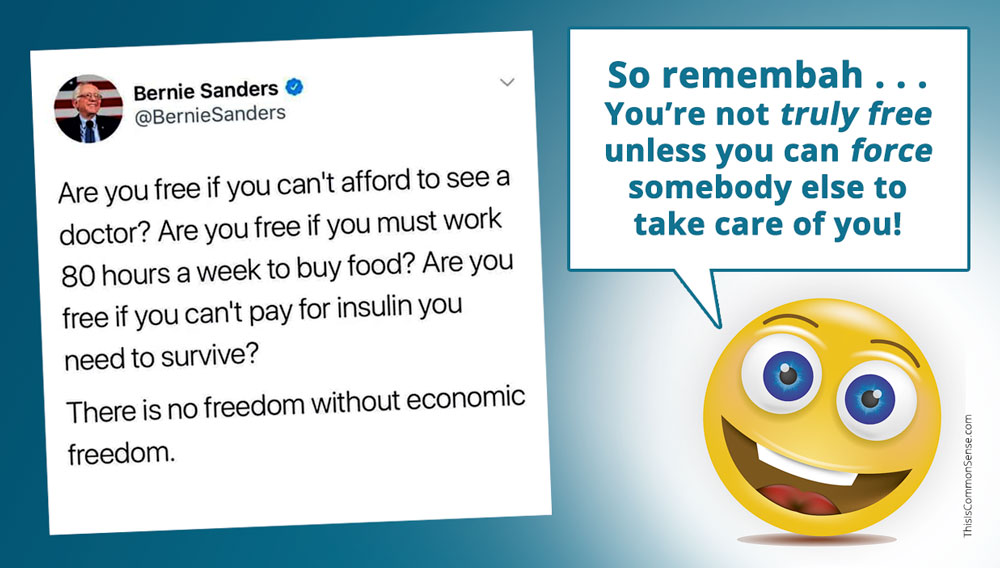
Tag: freedom

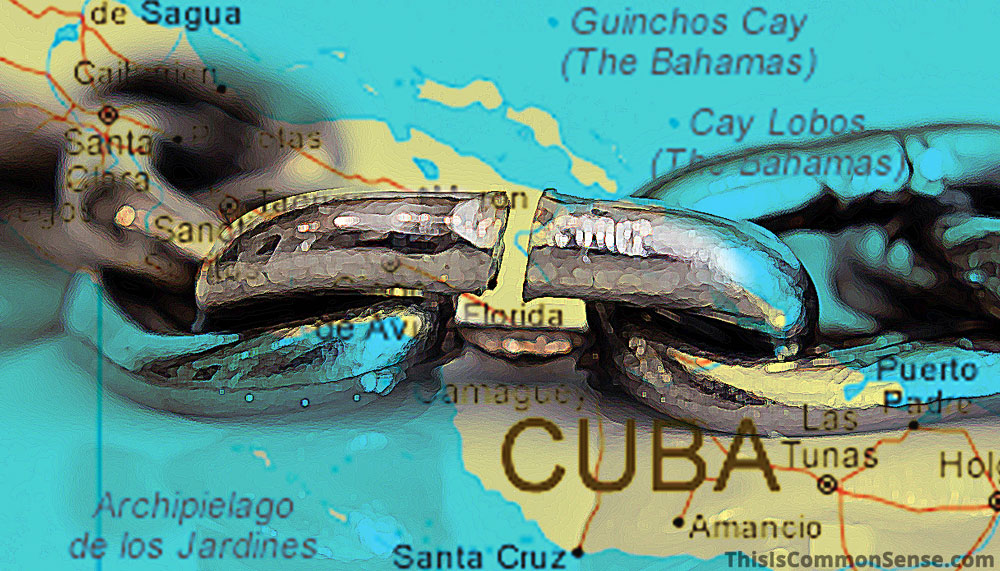
Did Cuba and Brazil just prove Sen. Rand Paul right … about socialism?
Eight years ago, the ophthalmologist-turned-politician raised progressive ire in a subcommittee hearing.
“With regard to the idea of whether you have a right to health care, you have to realize what that implies,” the junior senator from the state of Kentucky said. “It’s not an abstraction. I’m a physician. That means you have a right to come to my house and conscript me. It means you believe in slavery. It means that you’re going to enslave not only me, but the janitor at my hospital, the person who cleans my office, the assistants who work in my office, the nurses.”
To many, this seemed preposterous. Doctors would be paid! They wouldn’t be forced to work.
Well, consider Brazil’s socialized medical service.
In his campaign for the presidency, Jair Bolsonaro promised to make “major changes to the Mais Médicos program, an initiative begun in 2013 when a leftist government was in power,” the New York Times explains. “The program sent doctors into Brazil’s small towns, indigenous villages and violent, low-income urban neighborhoods.”
But there was a catch: “About half of the Mais Médicos doctors were from Cuba.” Brazil paid a hefty price tag for those doctors — to the Cuban government, not the doctors.
None too pleased with Bolsonaro’s talk of “freeing” the doctors, the Communist dictatorship pulled them out.
Maybe Kentucky’s senatorial physician was right. When a government seizes the control of the means of production, as socialists want and communists demand, at some point somebody in charge will notice that labor is a means of production.
Slaves don’t set the terms of their own employment.
This is Common Sense. I’m Paul Jacob.

Photo credit (chain): Hernán Piñera
—
See all recent commentary
(simplified and organized)
What Tiananmen Inspired
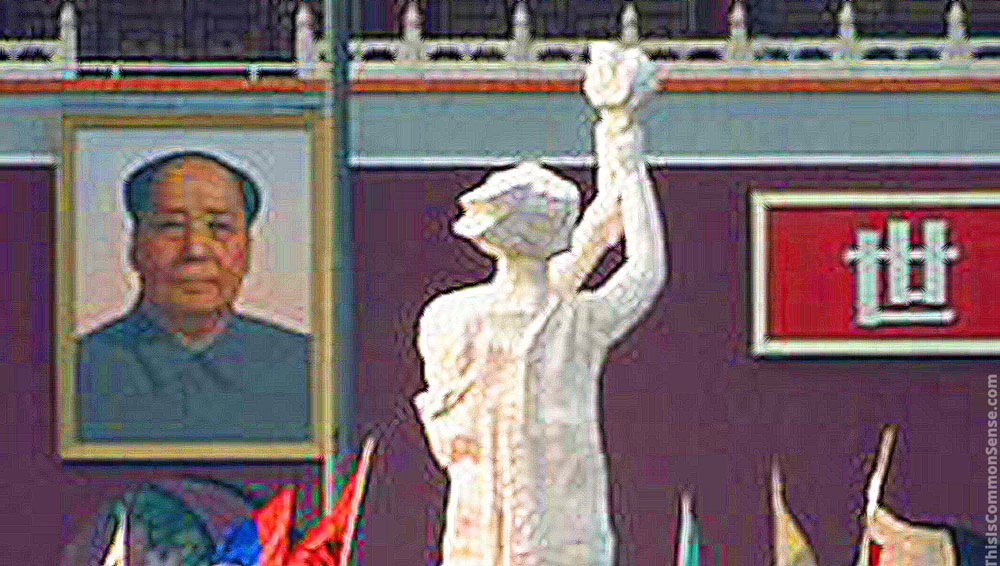
Why did term limits spring up in the 1990s?
Term limitation has a long history in America, of course — and all the way back to Aristotle — but why the resurgence? I remember opponents suggesting that Americans were frustrated with slow economic growth.
Not likely.
In “Restoring Faith in Congress,” a 1993 article in the Yale Law & Policy Review, authors Kimberly Coursen, Thomas Mann, Norman Ornstein and Todd Quinn recognized that “the 1990s are different” because “the climate for far-reaching political reform is ripe.”
But why?
For seven weeks in 1989, Chinese students protested for freedom and greater democracy, joined by others until more than a million people filled Tiananmen Square. Americans were deeply moved by their makeshift Goddess of Democracy, resembling our Statute of Liberty, as well as by the students’ demands, which read much like our Declaration of Independence.
Then, all that hope was doused, courtesy the Butchers of Beijing.
Five months later, the Berlin Wall came down, followed by the overthrow of communism throughout Europe, then the fall of the Soviet Union in 1991.
No more Cold War.
Americans, lacking an external enemy for the first time in decades, and with Tiananmen’s “tankman” fresh in our minds, could at last safely take a good look at our own government.
We did not like what we saw.
In 1990, Americans in three states — California, Colorado and Oklahoma — used direct democracy by petitioning term-limit initiatives onto the ballot. All three won. In 1992, U.S. Term Limits rallied voters to pass initiatives in a record 14 states.
Sadly, the 1989 Tiananmen Square protests did not usher in freedom for China. Yet, they lit fires in hearts across the globe.
Including mine.
This is Common Sense. I’m Paul Jacob.

—
See all recent commentary
(simplified and organized)
What It Means
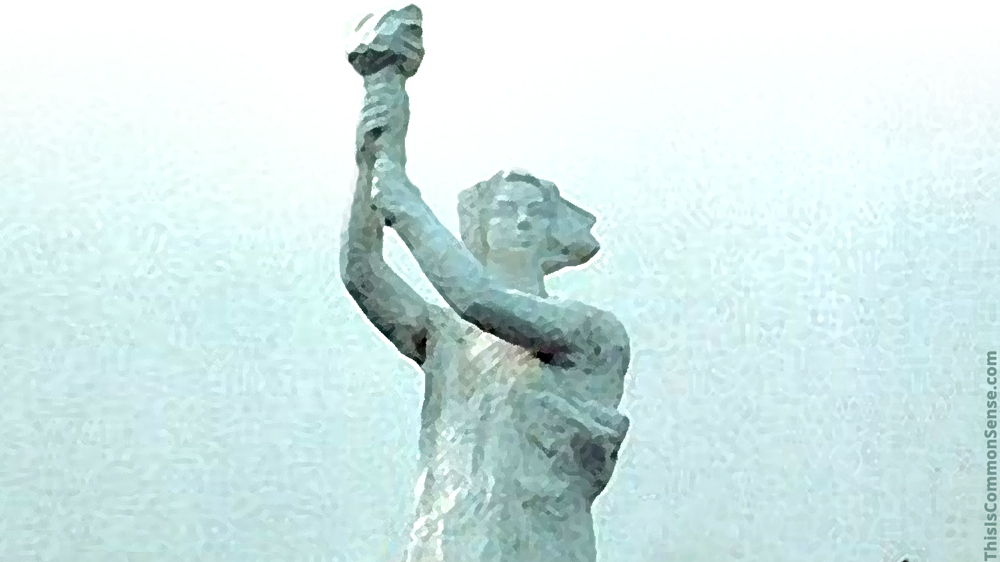
The most inspiring political event of my six decades on this planet remains the pro-freedom and democracy protests of three decades ago, when for seven weeks first students and then other Chinese citizens occupied iconic, historic Tiananmen Square in Beijing.
“In the history of communist China,” said a CNN correspondent as a million people swelled into the square, “there has never been anything like this.”
The students’ demands were strikingly similar to those articulated in America’s Declaration of Independence, and their symbol was the Goddess of Democracy and Freedom, something of a replica of our Statue of Liberty.
Now, one might ask what the protestors knew of liberty and democracy. “To them,” offered Princeton Professor Perry Link, “democracy just meant ‘get off our back.’”
What, it doesn’t mean that?
“We probably don’t know what democracy is, living in China,” acknowledged student leader Wuer Kaixi, “but we have a pretty good idea what totalitarianism, what non-democracy, is.”
That totalitarian tyranny exploded late this very evening 30 years ago, when Chinese troops fired on unarmed protesters and tanks rolled; the massacre continued into the wee hours of June 4, 1989. Death counts range from 300 to several thousand, and there’s uncertainty as to whether the carnage took place in or out of the square, killing mostly workers or students. Regardless, it is all-too-typical behavior from an illegitimate regime.*
The saddest news is that, as a survivor told the South China Morning Post, “What happened [30] years ago in China … is still happening now in China.”
Over a million Uighur Muslims are, reportedly, confined in concentration camps right now.
What can we do? Remember, for starters.
This is Common Sense. I’m Paul Jacob.
*Firing on one’s own citizens is far too common, and delegitimizes any regime that practices it, as I have pointed out per Nicaragua, Venezuela, and U.S.-subsidized Egypt — the list goes on and on.

—
See all recent commentary
(simplified and organized)
Prisoners All
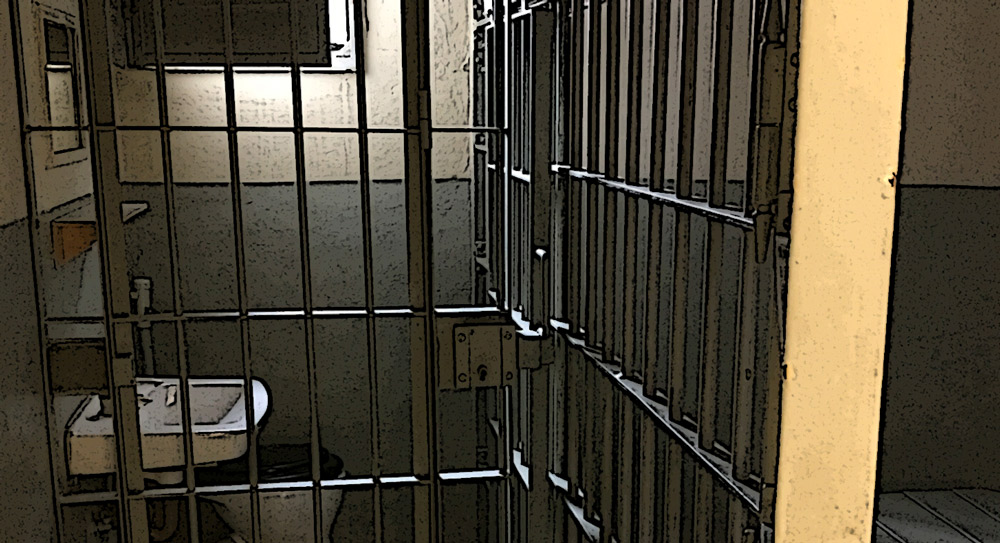
The logic for drug prohibition is direct: to keep people from hurting themselves with recreational drugs, we must prevent them from accessing those drugs.
Voilà!
There are a number of things wrong with that, though, and one is this: governments cannot even keep illegal drugs out of prisons.
In California, nearly 1,000 men and women overdosed last year in “an alarming spike in opioid use by those behind bars,” reports the San Francisco Chronicle.
Steven Greenhut, writing in Reason, notes that confinement centers are “among the most tightly controlled environments on Earth, yet correction officials can’t figure out how to deal with dramatic spikes in the number of inmates who are dying from drug overdoses and alcohol poisoning.”
Doesn’t this make the prohibitionist “solution” absurd?
“If they can’t keep heroin off of death row,” Greenhut concludes, “then maybe they should rethink their ability to control the rest of us.”
There is a problem, here, though — it is easier to control “the rest of us.”
As with gun control laws, it is the law-abiding folks who fall in line. It is the edgier, less civic-minded people who tend to rebel.
But the two issues remain distinct: generally lawful and level-headed citizens still need to defend themselves from criminals, but do not feel a need to take drugs that can be deadly even in innocent hands. Thus the War on Drugs seems a bit less obviously tragic than gun control.
Which is why conceiving of the War on Drugs as unworkable prison policy writ large remains important.
Why would we want to make our society more like drug-ridden prisons?
This is Common Sense. I’m Paul Jacob.

Photo credit: Thomas Quine
—
See all recent commentary
(simplified and organized)
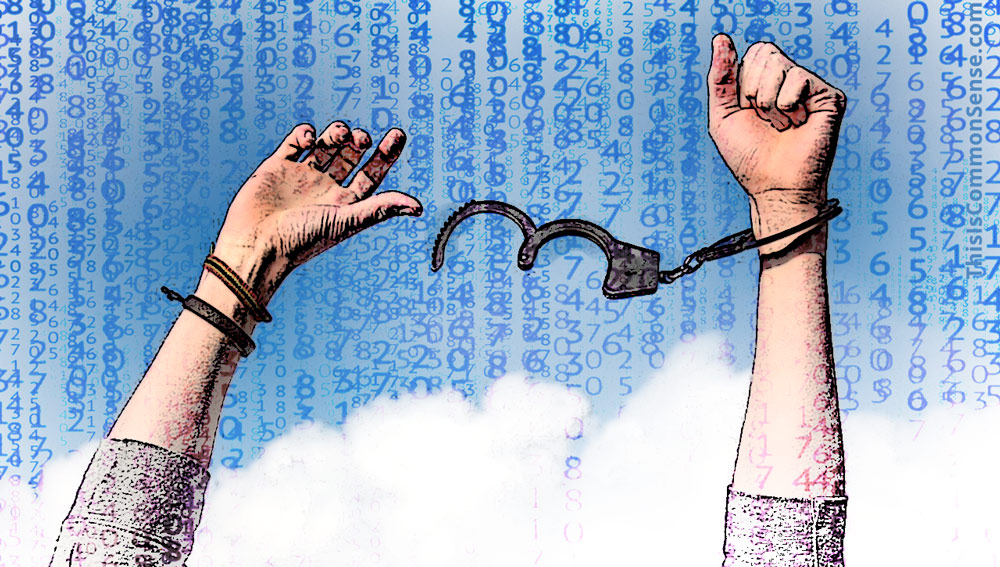
I own no Bitcoin; it’s not my thing. The blockchain concept Bitcoin is based upon seems clever, sure, but I often curse at my “devices,” so only my politics prevents me from full-blown Luddism.
Besides, when I think “the people’s money” I don’t think “private fiat currency.” Which is what Bitcoin sure looks like to me.
But to quote from these very pages, “When times get tough, the tough … switch currencies.”
And times cannot get much tougher than in Venezuela right now. No wonder “many are turning to digital assets such as Bitcoin as an alternative to the Venezuelan bolivar,” writes Matthew Di Salvo for the BBC.
“Critics say Bitcoin and other cryptos — there are more than 1,600 globally — are unstable, use too much energy, and are used by money launderers or those wanting to buy illicit goods on the web,” Di Salvo explains.
These points need addressing. I’ll try:
- A wannabe money will be as unstable as investor demand. When actually used as money, though, we may expect more stability. And Bitcoin is deflationary, so it should be more stable than government money.
- As if our banks and ATMs don’t use energy!
- Used by bad people? Well, you can say that about cash. But if we get rid of cash — as many experts want to — you can kiss any hope for freedom goodbye.
Venezuelans, by turning to keeping “their money in a digital wallet in the form of Bitcoin, Litecoin, Dash or any of the others,” are grabbing at something much better than what their malign inflation-happy government provides.
It is a pity that the “free-market” alternative is called “crypto” — meaning secret.
Freedom is the world’s best-kept secret?
This is Common Sense. I’m Paul Jacob.

—
See all recent commentary
(simplified and organized)